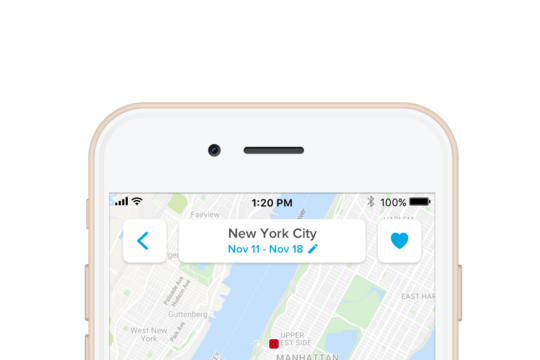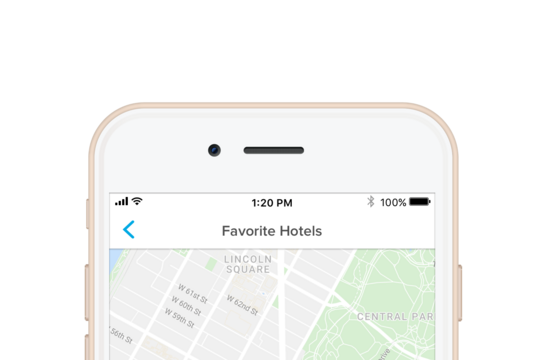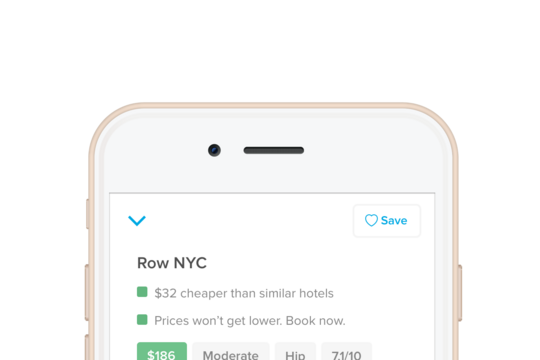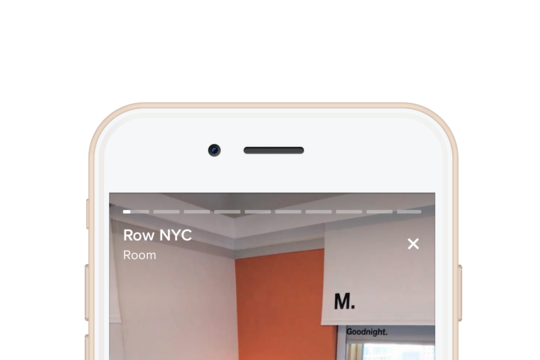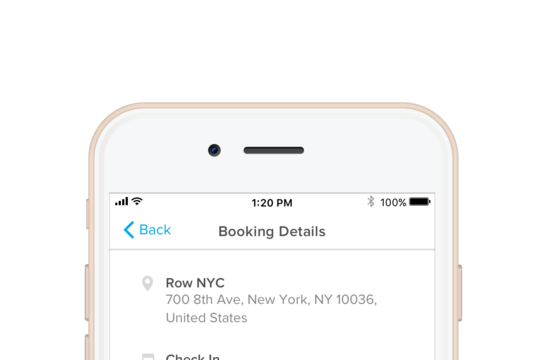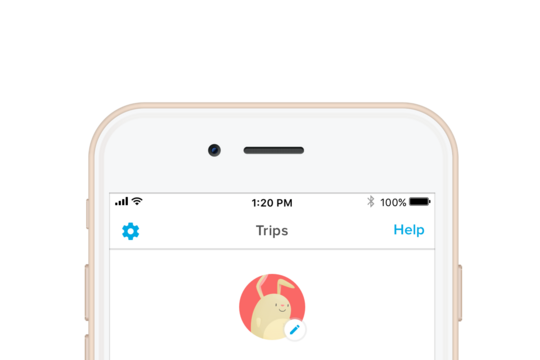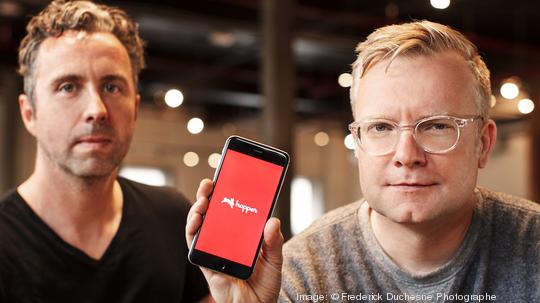
With Hopper's airfare prediction app, the Cambridge travel startup is clearly onto something: users across 126 countries book $500 million in annual flight travel, 20 percent of sales are coming from artificial intelligence-driven recommendations, and revenue from repeat customers now eclipses business from new customers.
Having collected data on 45 million planned trips for where and when people travel, it should have seemed only inevitable that Hopper — which raised a massive financing round equivalent to $61 million in U.S. dollars last December— would expand its price prediction engine to hotels. On Wednesday, the company announced just that, giving consumers a way to figure out when hotel prices will rise and fall.
Unlike travel giants like Expedia and other competitors, including a similar service called Skyscanner, Hopper has kept a singular focus on providing a mobile-only experience, which CEO Frederic Lalonde says does a better job of capturing an individual's travel ambitions.
That, in turn, has allowed the company to collect a deep trove of data that now lets the app extrapolate a user's travel ambitions and recommend new trip ideas, making it kind of like a "Netflix for travel." For instance, if a user has been watching the flight prices for a trip from Boston to Rome to see when they drop, the app may eventually suggest a trip to Milan that is $400 cheaper. Hopper has been able to figure this out through machine learning and AI that can determine how interchangeable destinations are.
The result, Lalonde said, is that Hopper acts as a conversation about travel ambitions instead of a search tool. With over 90 percent of sales coming from push notifications and 20 percent coming from its AI-driven trip recommendations, the company is starting to prove why the mobile-only experience is so important.
"It will show you the absolute lowest price, now and in the future, for an experience you'll actually enjoy."
"Because we're a conversation, we can actually start to expand your horizons," he said. "The phone has turned out to be more than just a different screen size — it's turned out to be this fundamental tool that lets us build a deep relationship and gather intent."
With Wednesday's announcement, Hopper is expanding that line of thinking to the hotel space, giving consumers an intuitive way to track when room prices will drop and rise. Beyond the price forecasting aspect — which the company says can save travelers $34 a night on average and up to $94 in some cases — its approach differs from competitors in another significant way: the app will only display 20-30 percent of the total hotel inventory in any given city.
Lalonde said there's a good reason for that: "It will show you the absolute lowest price, now and in the future, for an experience you'll actually enjoy. If you want to stay at a terrible hotel, you should go somewhere else."
Gallery
Hopper is only starting out with roughly 20 hotels in New York City — which were chosen based on online reviews and represent different price tiers — but the company plans to expand to about a dozen more cities in the next few months, including San Francisco, Denver, Chicago and other U.S. cities that top the list of most-watched destinations for Hopper users. Over the next few years, the company plans to expand to 200 cities.
Another way Hopper differs from other hotel sites is that each listing comes with videos and photos taken by contractors hired by Hopper, as opposed to the hotel itself. This appears as a series of photos and videos that look very similar to Snapchat or Instagram Stories. Lalonde said each hotel comes with 180 story components to give consumers a good idea of what the hotel and its surroundings are like. To give a sense of consistency, each contractor is given an iPhone, a stabilizer and a pair of Converse Chuck Taylor shoes.
"they're basically trying to trick you into a purchase you're not ready to make. We take the exact opposite approach."
Maggie Moran, Hopper's head of product, said they decided to give contractors Chuck Taylors because people in user testing were sometimes weirded out by seeing peoples' feet in videos depending on what kind of shoe they were wearing. But it also served another purpose.
"We don't want people to think that the hotels are putting these together," Moran said.
Lalonde added that none of the hotels pay to be listed, which is an extension of his philosophy around never putting advertising in the app ("as long as I'm alive, there never will be, and we're giving up millions of dollars with the scale we're at right now," he said). That's because to him, what's most important is providing consumers with the most information to make a potential decision instead of forcing them to make one.
"We've taken this approach because that's how we maintain this core value of trust," Lalonde said. With older hotel sites that, for instance, tease consumers with how many people recently viewed or booked a hotel, he added, "they're basically trying to trick you into a purchase you're not ready to make. We take the exact opposite approach."
Hopper has about 120 employees, with about 80 percent of the workforce split between Cambridge and Montreal and the rest working in New York and remote offices.
